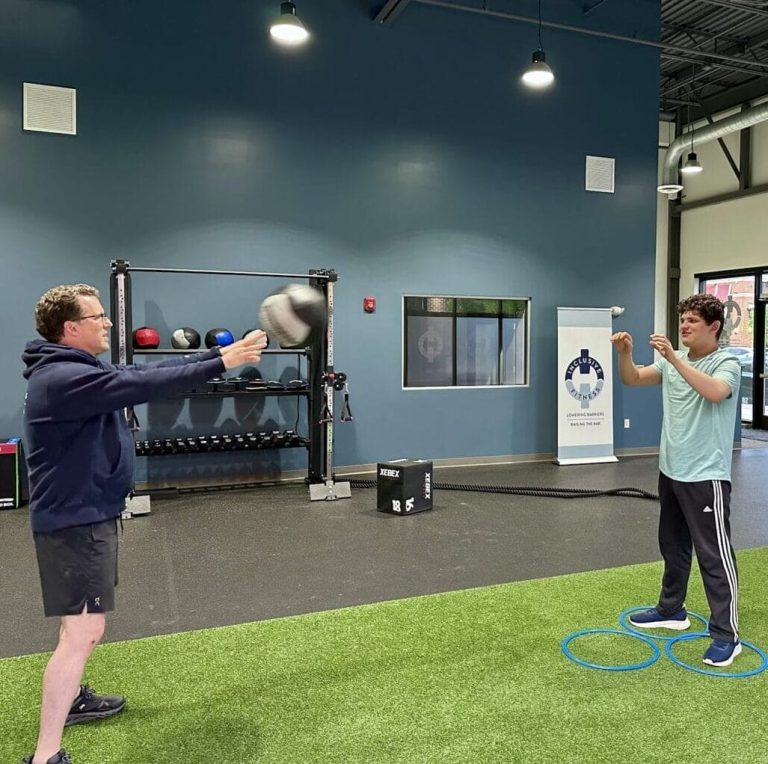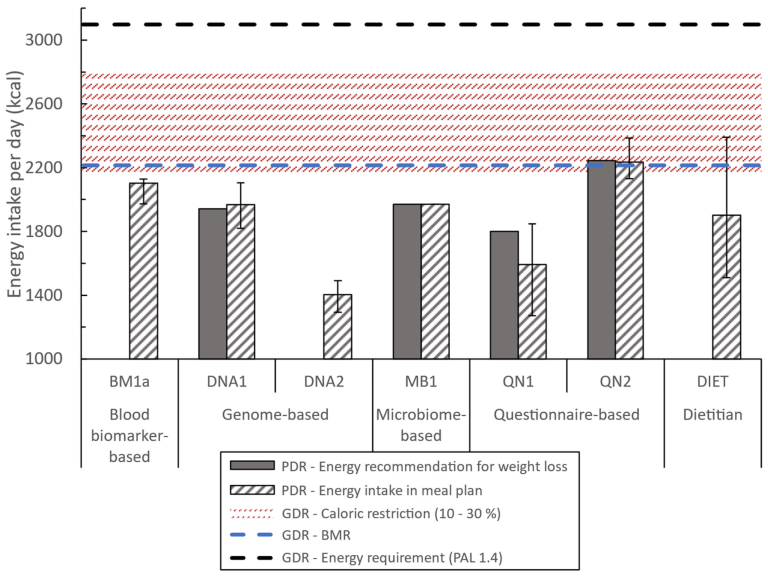
Health anxiety, also referred to as illness anxiety disorder, occurs when you worry about getting a serious illness even if medical tests don’t reveal anything.
People with health anxiety typically fear serious illnesses like cancer or HIV more than more manageable conditions such as strep throat.
It can be challenging to enjoy life when depression sets in, so if it is interfering with your daily activities, talk with your healthcare provider.
Self-help
Self-help techniques that can help combat health anxiety include mindfulness, cognitive strategies and changing how you think about health.
Mindfulness is about being present in the moment and paying attention to your surroundings and feelings. This helps focus your thoughts and emotions, making it easier to manage health anxiety.
One common example of mindfulness is being aware of your breath, taking a deep breath and noticing the changes within yourself as you inhale and exhale. It could also be beneficial to take a walk during the day and notice the sensations created by walking – the ground against your feet – as well as the temperature of the air when taking in breaths.
People suffering from health anxiety often mistakenly believe their physical sensations are indicative of a more serious illness. To prove this belief, they may search for symptoms online, read medical books or visit a doctor to get confirmed.
Medications
Health anxiety is an anxiety disorder in which individuals worry excessively about their own or someone they love’s health. This worry can interfere with everyday activities, such as visiting the doctor’s office and seeking diagnostic tests.
Many people with this type of anxiety are able to control their symptoms through talk therapy and lifestyle modifications. However, medication may be necessary if other treatments don’t work.
Antidepressants are the most frequently prescribed drug to treat generalized anxiety disorder (GAD). They work by increasing levels of key neurotransmitters in the brain. SSRIs and SNRIs are two commonly prescribed antidepressants for GAD, though other medications may also be effective treatments.
Benzodiazepines, also known as tranquillizers or tranquilizers, can help alleviate symptoms of anxiety and panic disorder. These sedatives are taken orally or through the nose to alleviate feelings of fear or stress. They may also be utilized to prevent seizures or act as a muscle relaxant.
Psychotherapy
Psychotherapy is a long-term, ongoing treatment that can help you conquer health anxiety. Your therapist may work with you individually or in a group setting.
Psychotherapy such as cognitive behavioral therapy (CBT) can be an effective tool in combatting health anxiety by teaching you to recognize the factors contributing to it and developing more rational, evidence-based thoughts about your condition.
Another type of therapy is exposure therapy, which encourages you to face and overcome your fears by repeatedly exposing yourself to the triggering stimulus at various levels of intensity until no longer feeling anxious about it.
Throughout this process, you learn to manage your anxiety by practicing relaxation techniques. Your therapist also assists in assessing the validity of your fears and replacing negative thoughts with more realistic ones.
If you decide to seek psychotherapy, make sure you select a therapist who is licensed and experienced in treating anxiety. Ask your doctor, employer or health insurance plan for referrals.
Group therapy
Many people struggle with health anxiety and find it challenging to break free of the disorder. This is often because they fear experiencing symptoms that could indicate a more serious medical issue.
Group therapy can be an effective tool in conquering these fears. It provides an atmosphere where one can learn new strategies and hone them in a secure setting.
The therapist facilitates the session and assists participants in discussing their worries, fears, and objectives. Sessions serve as a time for self-discovery as members get to know one another better and build relationships.
Patients can participate in the group to whatever extent they desire. Some therapists offer structured lessons with some group work, while others promote more informal conversations. Furthermore, some groups include a take-home exercise to help patients apply what was learned during session.







